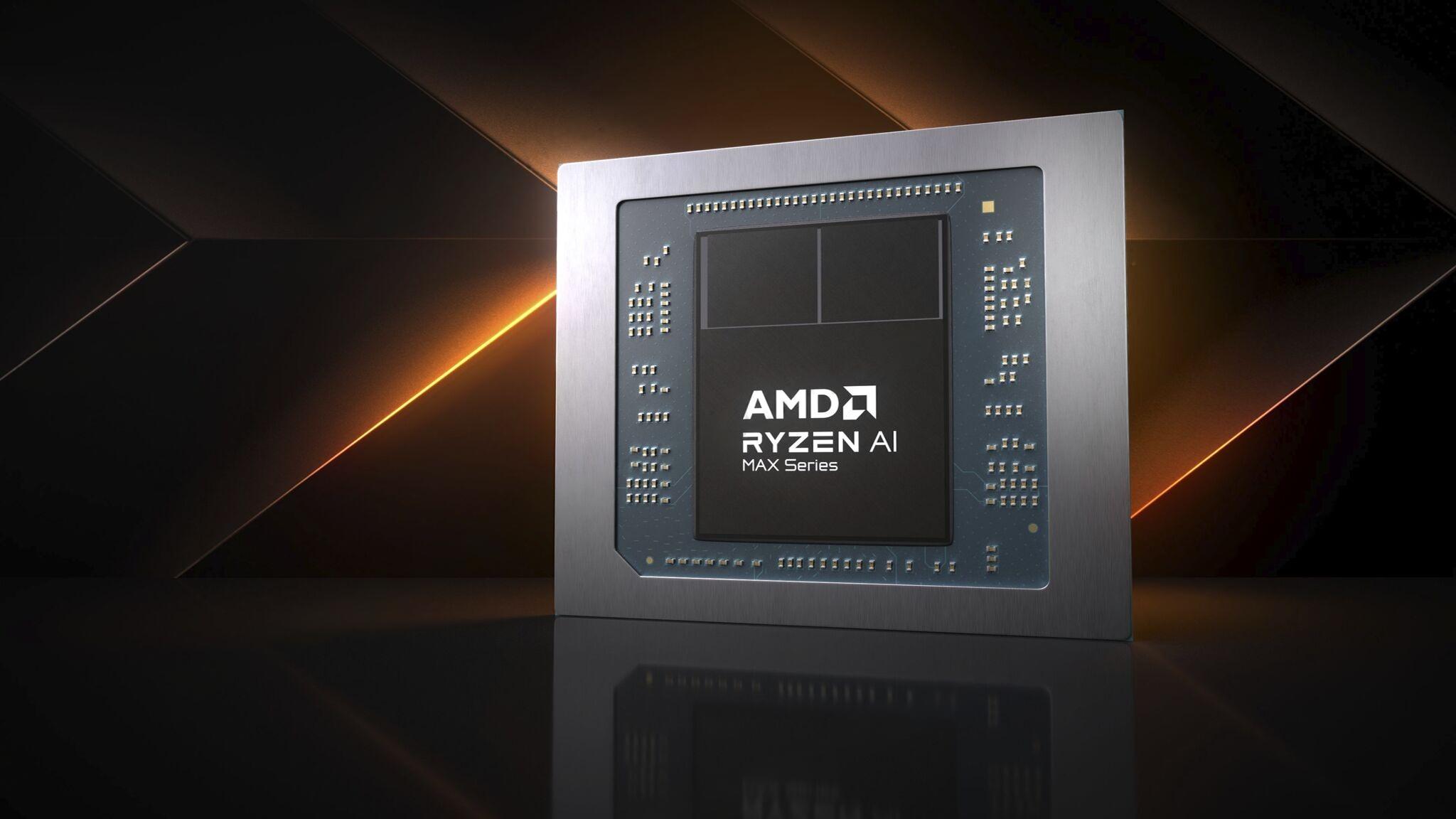Meta Connect 2025: 5 huge announcements we expect to see
Rumors and leaks are pointing to a lot of smart glasses

Meta Connect 2025 is kicking off with a keynote from Mark Zuckerberg on September 17 at 5pm PT / 8pm ET, and on September 18 at 1am BST for those in the U.K. Given the many rumors and leaks ahead of the main event, this is going to be a big one for the future of smart glasses.
Zuck & Co. have been very much at the forefront of this area — Ray-Ban Meta smart glasses are some of the best AI glasses you can buy right now, alongside the recently launched Oakley Meta HSTN sports alternative. But as Meta AI continues to advance, so must the specs. You can look forward to seeing glasses with a display, key updates to the current Ray-Ban Metas, and access for developers to massively expand their capabilities.
Plus, we’re anticipating a couple of interesting announcements around the company’s VR platform, too. So instead of me blathering on, here are the five key things we expect/predict will be shown.
1. Meta Hypernova bring us a step closer to Orion
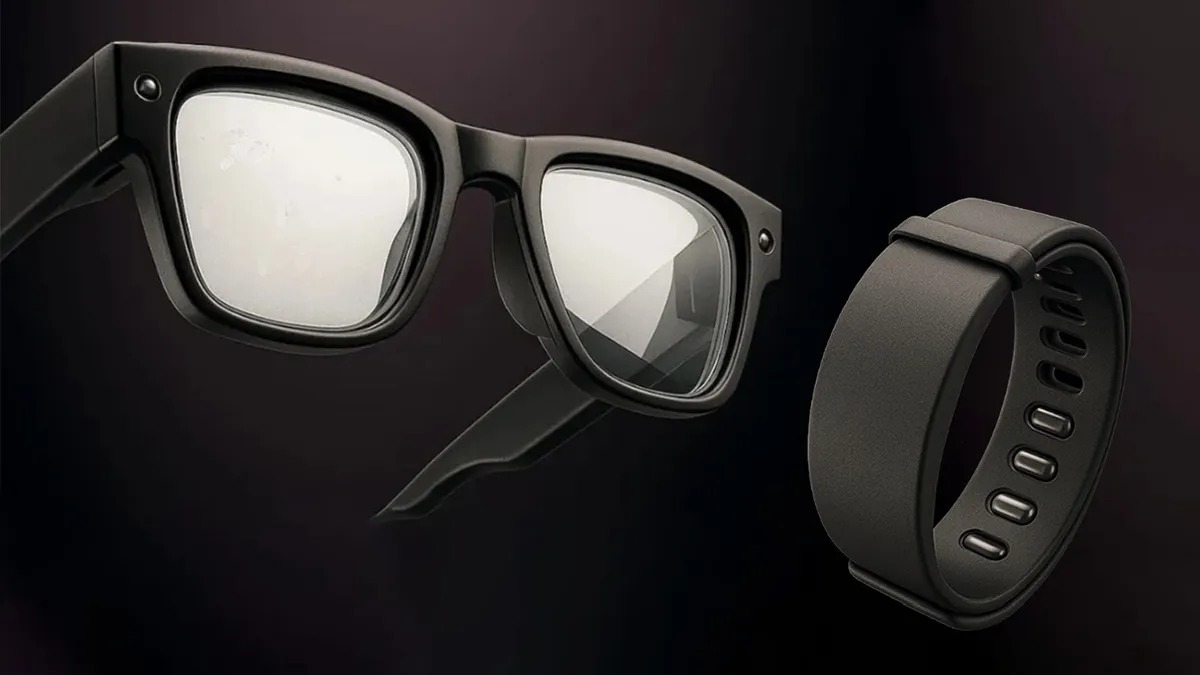
Meta Hypernova (rumored to actually be named “Celeste”) is likely going to be the main event — the “one more thing” that is announced on-stage. Remember Project Orion? That incredibly impressive prototype of the smart glasses with a ton of compute power and built-in display tech? Well, these glasses look set to bring us one step closer to that reality.
These are the heavily-rumored next-gen smart specs from Meta that pair both AI smarts and AR together by adding a waveguide display directly on one lens. That means both visual overlays of information beyond the standard audio feedback you get from current glasses.
And in terms of controlling them, there is a wristband that will read the electrical impulses in your muscles to identify the tiniest of hand movements. It’s a breakthrough that could change the way we interact in mixed reality.
Fair warning, it’s looking like they won’t be cheap at $800. But there’s no doubt we have a game changer on our hands here.
Get instant access to breaking news, the hottest reviews, great deals and helpful tips.
2. New Ray-Ban Meta smart glasses come into focus
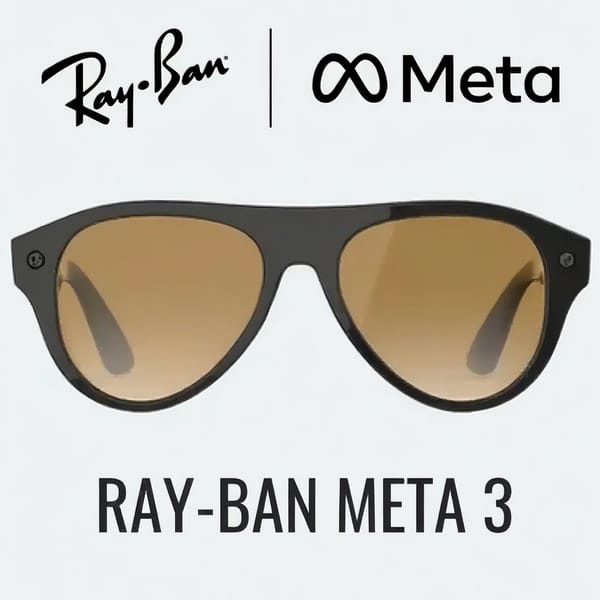

Aperol and Bellini are not just drinks I like when I’m feeling fancy, but also codenames for upgraded pairs of Ray-Ban Meta smart glasses.
The leak came from a group calling itself the XR Research Institute, and while there are some things I’m suspicious about (namely, the fact there are different designs for glasses and sunglasses), most of it sounds entirely valid. Chief amongst them, the battery life improvement.
Now, if I was a betting man, I’d put on my tin foil hat and suggest that we may have already seen some of these specifications before. Of course, there are new software tweaks to make them more efficient with battery usage — namely something called “super sensing.” But the capacity should be going up too, and I bet we’ve already seen this potential capacity in the Oakley Meta HSTNs already. In fact, I wouldn’t be surprised if the video quality is upgraded too, to be on par.
3. An influx of new apps for your smart glasses

Meta Connect isn’t just about watching Zuckerberg announce new stuff — there are other sessions just for developers too. Two of them stick out to me on the agenda: a developer keynote on September 18 at 10am PT/1pm ET, and a spotlight conversation on “the future of computing.”
These alongside a selection of sessions on a “new developer toolkit” screams the launch of an SDK for Meta’s smart glasses. Simply put, developers are able to develop third party apps for your Ray-Ban Metas. This would be huge in providing a huge amount of additional usability to your glasses.
No longer will they be just for music, calls, content capture and multimodal AI. You could get extra abilities from other apps simply by asking for them. The possibilities would be endless.
4. Asus ROG Tarius is the new Meta Quest Pro
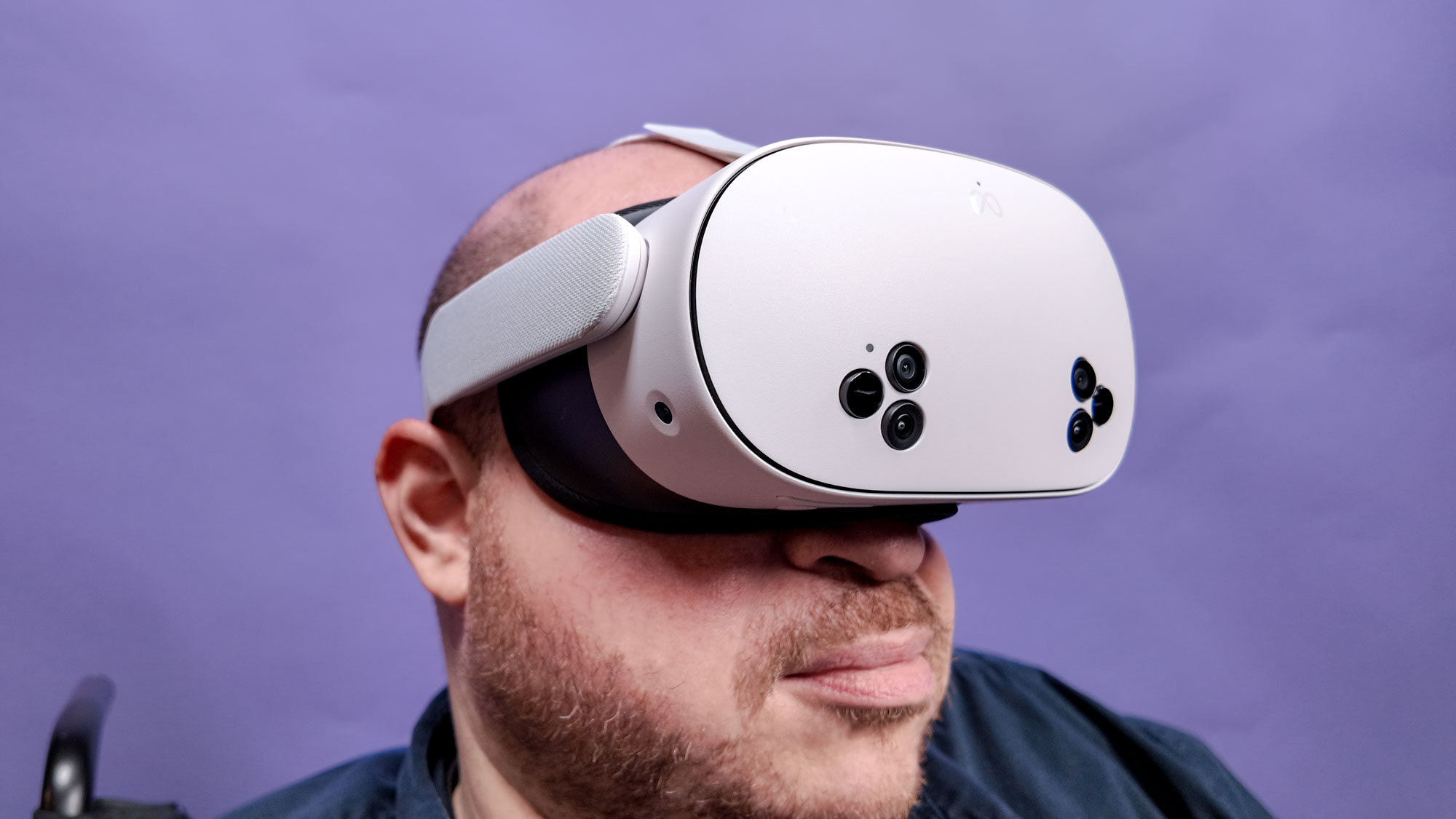
Meta announced a partnership with Asus to create a VR headset rocking Horizon OS, and so far we’ve just had some leaks around the so-called ROG Tarius bringing impressive upgrades over the Quest 3 and Quest 3S like eye-tracking. Connect seems as good-a-place to formally announce it.
Do I anticipate any more third-party headsets? No, and neither do I expect a Meta Quest Pro sequel to be announced any time soon — the rumored capabilities of the ROG Tarius, in terms of resolution, field of view and advanced tracking are more than Pro enough.
I think all that Zuck needs to focus on is the mid-range and budget markets for future Quest headsets, while more specialist options from other companies take care of the rest. This could be the beginning of that.
5. New horizons for Horizon OS
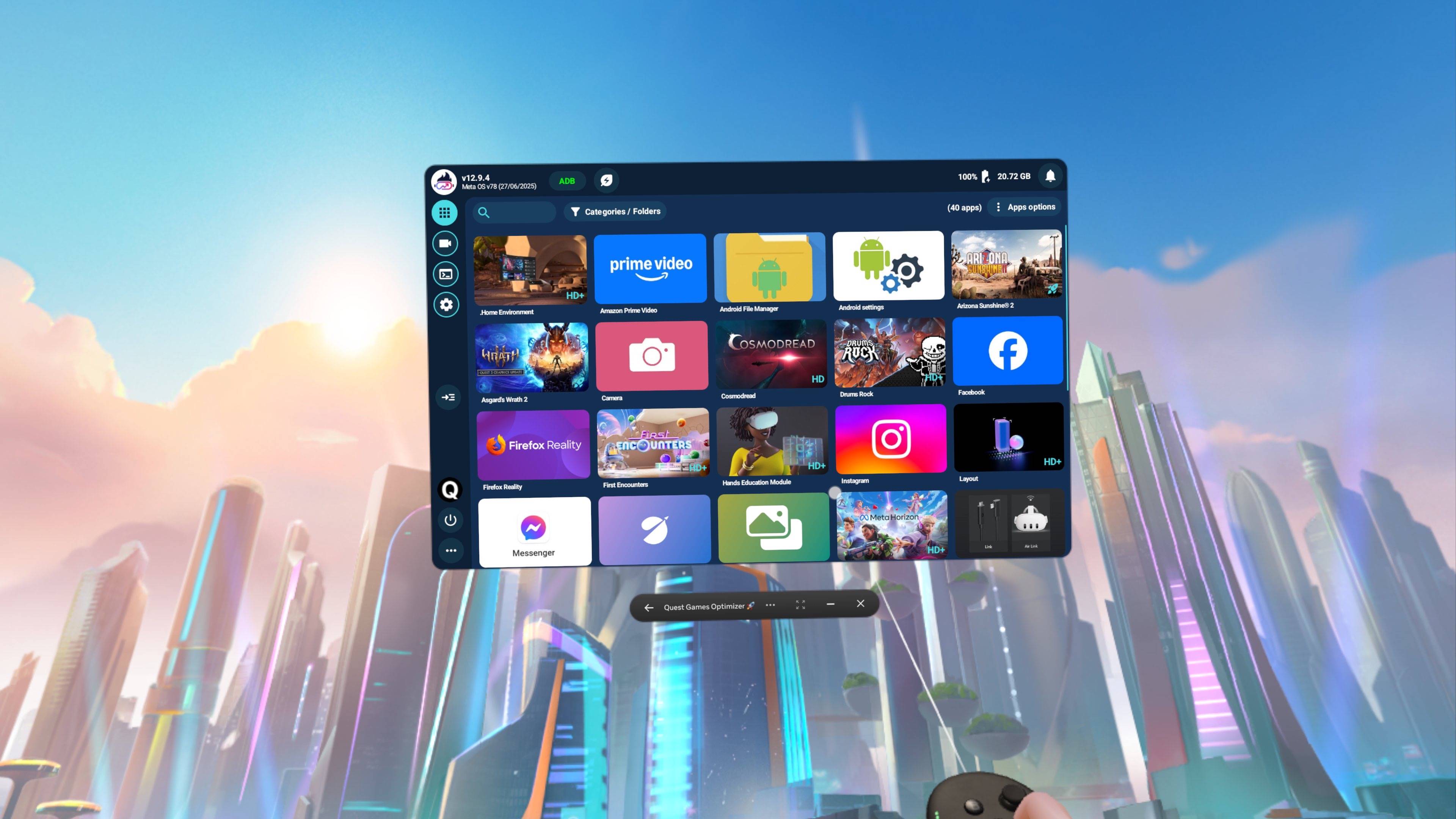
And last but not least, we turn our attention to the metaverse — it’s been here for years, but I wouldn’t be surprised if many of you may have forgotten this buzzword as everything has moved over to AI.
Well, UploadVR went data mining on the most recent Public Test of Meta’s Horizon OS and found some mightily interesting developments in the OS you’ll be exploring in your Quest headset. Namely, there are new home environments to hang out in with other people, other familiar areas that have been rebuilt from the ground up, the option to pin 2D apps for all to see, and a new social hub for interacting with others.
One of the key obstacles of VR headsets has always been the isolating experience it gives. It’s very much an immersive experience that only you can share in. These updates to Horizon OS may hopefully tackle these in a meaningful way.
Follow Tom's Guide on Google News, or add us as a preferred source, to get our up-to-date news, analysis, and reviews in your feeds. Make sure to click the Follow button!
More from Tom's Guide
- Meta just revealed a new XR display prototype — and it may be the biggest leap in smart glasses yet
- Meta Quest 4 rumors: Everything we know so far
- Meta Ray-Ban smart glasses under fire again after latest incident — but how much privacy can you really expect?

Jason brings a decade of tech and gaming journalism experience to his role as a Managing Editor of Computing at Tom's Guide. He has previously written for Laptop Mag, Tom's Hardware, Kotaku, Stuff and BBC Science Focus. In his spare time, you'll find Jason looking for good dogs to pet or thinking about eating pizza if he isn't already.
You must confirm your public display name before commenting
Please logout and then login again, you will then be prompted to enter your display name.
 Club Benefits
Club Benefits





